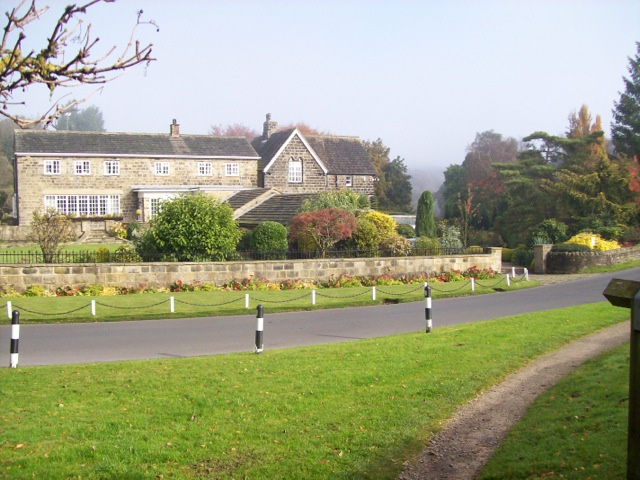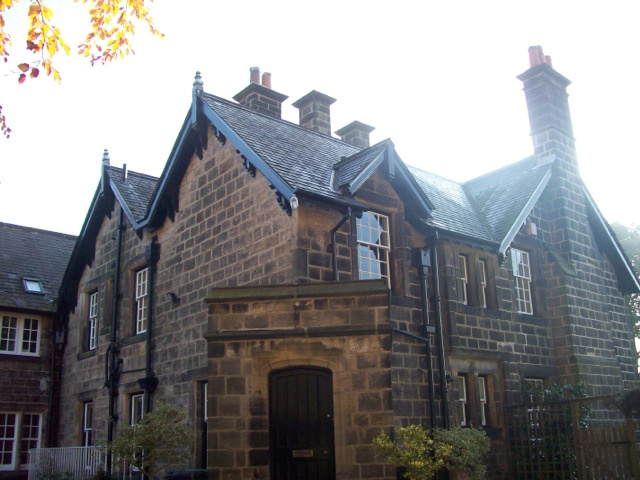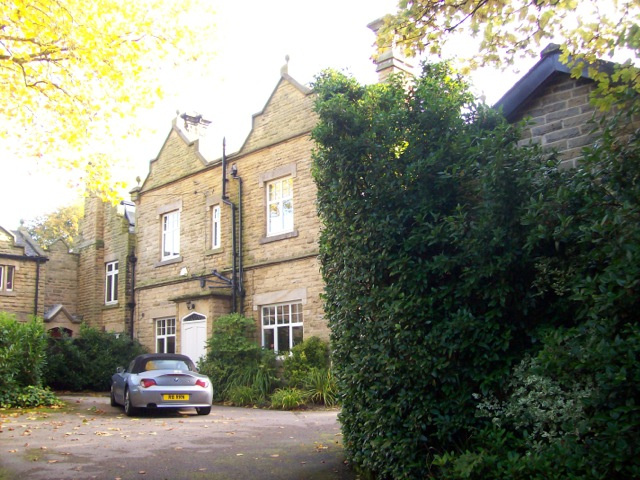Seven sensible steps to success as a writer
Step 4 (continued): Stone Mansions

More evocative clues to action and psychology emerged from the social landscapes during a research trip to England for my book For Love of Country.
I needed to understand why it was that the English farmer, Walter Eddison, transplanted his high-born wife and children to the Australian back blocks after the First World War, to tough it out as a soldier-settler through drought and Depression?
In one way the answer was obvious. He came from a prosperous family in the north, but his father had lost most of his money in unsuccessful farming ventures, to the point where bankruptcy threatened. Land in England was expensive, and Australia offered the chance to acquire property at a reasonable rate.

York Gate farm, Adel, which Walter's father inherited
But these conditions were true for many people, and didn’t explain the urgency that drove Eddison to try to find his salvation abroad. The reasons became much clearer when I visited Adel in Yorkshire.
At one time the family owned much of the village. His uncles and cousins were mostly still there in 1914, living in their comfortable stone mansions on large acreage. Walter’s father had inherited one of them ... and sold it off to his brothers to fund his own failed schemes.
As I drove round the village in company with the very helpful local history group, I realised Eddison must have known he’d never be able to aspire to this landed prosperity again in England.
Australia, and the soldier-settlement schemes, at least offered him a chance to redeem himself in the eyes of his family – to recover the social standing that had been lost – as a proprietor of his own broad acres on the other side of the world.
Next: Heraldic Beasts
Photos below show left The Manor and The Lodge.
All these stone mansions were once owned by the Eddison family at Adel, Yorkshire.


